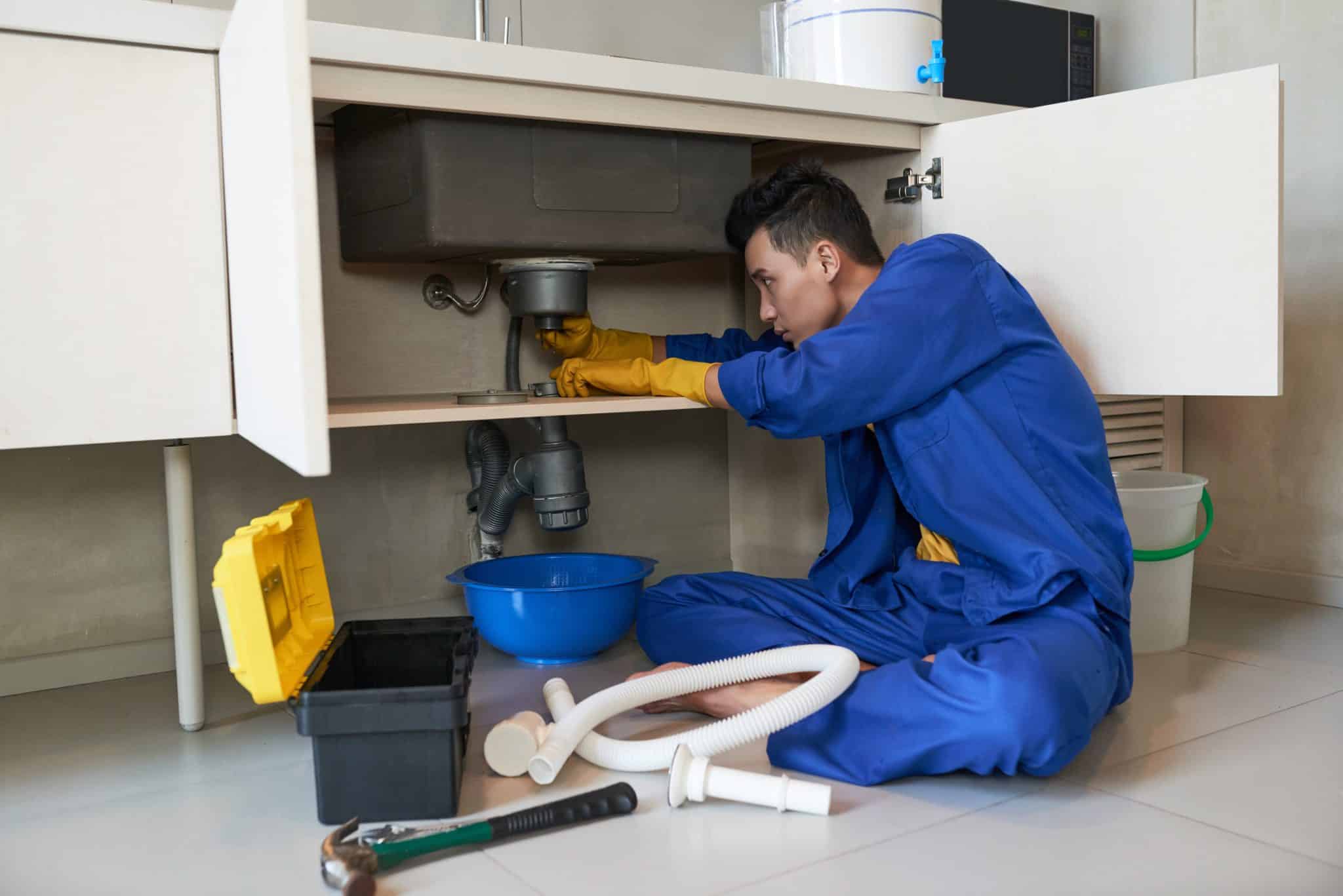A healthy home begins with a clean and efficient septic system. While often hidden from view, your septic system plays a critical role in maintaining hygiene and safely managing wastewater. Without proper care, it can lead to costly repairs, unpleasant odors, and even health risks. Investing in regular maintenance, exceptionally professional septic cleaning Toowoomba services, ensures your home stays safe, sanitary, and environmentally friendly for years to come.

Understanding How Septic Systems Work
A septic system is a self-contained wastewater treatment structure commonly used in homes not connected to municipal sewer lines. It generally consists of two main components: the septic tank and the drain field.
- Septic Tank: All wastewater from sinks, toilets, and showers flows into the septic tank, where heavier solids settle at the bottom (forming sludge) while lighter substances like grease and oils float to the top (forming scum). Bacteria naturally present in the tank help break down organic material, partially treating the waste.
- Drain Field: The liquid wastewater, known as effluent, exits the tank and flows into the drain field. Here, it’s filtered through layers of soil that naturally remove harmful bacteria and contaminants before returning to the groundwater.
Over time, sludge and scum accumulate inside the tank, reducing its capacity and efficiency. Without proper cleaning, this buildup can lead to backups, foul odors, and potentially costly damage.
Why Regular Septic Cleaning Matters
Routine septic cleaning is essential for protecting your home, health, and the environment. Ignoring maintenance may seem harmless at first, but it can result in significant problems later. Common problems include:
- System Backups: When a tank becomes full, wastewater can back up into household drains, toilets, and sinks.
- Odors and Contamination: Accumulated waste emits strong, unpleasant smells and may leak harmful bacteria into surrounding soil or groundwater.
- Costly Repairs: Neglecting your system can lead to expensive replacements—far more costly than scheduling routine maintenance.
- Health Risks: Exposure to untreated wastewater poses risks to both people and pets.
Having your system cleaned every three to five years, depending on household size and usage, helps prevent these problems and ensure smooth operation.
Signs That Your Septic System Needs Attention
Even with routine maintenance, your system may occasionally show signs that it’s overdue for cleaning. Watch for these red flags:
- Slow-draining sinks, showers, or toilets
- Gurgling noises from pipes or drains
- Unpleasant smells indoors or around the yard
- Puddles or wet spots near the drain field
- Sewage backup in the home
If you notice any of these symptoms, it’s best to schedule an inspection and cleaning immediately to avoid further damage.
The Value of Professional Septic Cleaning Services
Hiring a professional septic cleaning company ensures your system is serviced safely and efficiently. Experts use specialized vacuum trucks to remove sludge and scum, inspect for leaks or cracks, and verify that all components function properly. They can also advise on how often your system should be cleaned, based on your household’s water usage and tank size.
Professional technicians have the expertise and tools to identify potential problems before they escalate, saving homeowners time, stress, and money. Whether it’s a simple cleaning, an inspection, or a whole system check-up, relying on trained specialists ensures your septic system remains in optimal condition.
Tips for Maintaining a Healthy Septic System
In addition to professional cleanings, homeowners can adopt simple habits to help prolong the life of their system:
- Use Water Wisely: Spread out laundry and dishwasher loads throughout the week to avoid overloading the tank.
- Avoid flushing non-biodegradable items, such as wipes, diapers, and feminine hygiene products, as they can cause blockages.
- Limit Chemical Cleaners: Harsh chemicals can kill beneficial bacteria that help break down waste in the tank.
- Protect the Drain Field: Do not park vehicles or place heavy objects over it.
- Divert Rainwater: Ensure gutters and downspouts direct water away from the system.
- Monitor Tree Roots: Keep trees and shrubs away from the drain field to prevent root damage to pipes.
By following these practical maintenance tips, you can reduce the likelihood of major system failures and extend the life of your septic system.
How Often Should You Schedule Cleaning?
The frequency of septic cleaning varies based on factors such as household size, water usage, and tank capacity. On average:
- A family of four with a medium-sized tank should clean every 3–4 years.
- Smaller tanks or larger families may need annual cleaning.
- Homes with minimal water usage can often go longer between services.
Consulting a septic cleaning Toowoomba specialist (or your local professional) ensures your cleaning schedule is tailored to your system’s specific needs.
Final Thoughts
A properly maintained septic system safeguards both your home and the environment. Regular cleaning prevents blockages, protects groundwater, and keeps your household running smoothly. By investing in professional maintenance, staying alert for early warning signs, and following a few simple care habits, you can ensure a healthier, safer home for the long term.
When it comes to septic care, prevention is always better than cure; keeping your system clean today will save you from costly problems tomorrow.


